S8: E1
Guests: Richard Masino, Rancho Delfino coffee farm
Role: Farmer
From: Carpinteria, CA
Online: @ranchodelfino on Instagram
KEY TAKEAWAYS
Notes from the show:
Off-air, Richard let me know he was drinking the last of his 2022 Laurina coffee beans. Laurina coffees are naturally less-caffeinated.
Richard and his father Michael Masino work the farm together. They are part of the Frinj network of domestic coffee farms that are primarily based in Southern California.
Delfino is a family name and also means dolphin in Italian.
Climate is changing in the coffee belt—the traditional growing locale of coffee. The development of a domestic coffee crop, currently as a luxury product, is one way of reducing the steps along the supply chain and creating a new source of revenue for farmers. Alternatively, detractors to the concept might point to the dependence the economies of traditional coffee growing countries have on the demand we’ve created.

From left: Leonardo (center) guides Mike (left) and Richard Masino (right) on a tour of coffee farms Finca La Cabra and Finca La Mula. Photo Credit: @RanchoDelfino Richard spent the better part of his life constantly traveling for his career in film. There were only brief interludes working at the farm until the pandemic hit which forced him to slow down and spend an extended period working the land.
Richard found the job skills he developed working on films overlap with the needs of developing a coffee crop, in particular, being organized and collecting data. But the ecomics aren’t there yet, so he’s still working in film…for now.
Biodynamic farming or regenerative farming places emphasis on finding balance between the needs of the soil and the needs of the farmer. Learn more about it here: https://www.masterclass.com/articles/biodynamic-farming-guide

Geisha coffee plants wrapped for winter at Rancho Delfino. Photo Credit: @RanchoDelfino
OTHER STORIES
Fionn Pooler is a writer who focuses on long-form specialty coffee articles that are posted on his blog The Pourover. I’ve really been enjoying his recent works. I recommend checking out:
The Accidental Coffee Farmer about Victoria Magaña Ledesma who took over her father’s coffee farm in Hawaii after he was deported—despite having lived in the United States for decades—in 2017.
“Carbon Neutral” Coffee: Climate Accountability or Climate Spin? which addresses greenwashing in the coffee industry and the actual value of carbon offsets.
I always perk up (pun intended) when I see an article about how caffeine impacts the human body and mind. This recent column in the Washington Post addresses the sleep debt that can accumulate if someone is overindulging caffeine.
“An 8-ounce cup of coffee provides about 100 milligrams of caffeine. Between 400 and 500 mg of caffeine per day is generally considered safe. Caffeine toxicity, like seizures or an arrhythmia, is common with consumption of 1200 mg or more per day.”
This generalization stood out for two reasons. First, who is only drinking an 8-ounce cup of coffee? Second, there are a lot of factors that go into the amount of caffeine found in coffee, including varietal, roasting technique, brewing ratios, and so on.
If you think you may be overdoing it, do a bit of research! You may be able to reduce your caffeine intake without giving up your cup of coffee. There are naturally low-caf coffees like the Laurina varietal (being drunk by podcast guest Richard Masino) being brewed with aplomb by some great roasters.Shout out to the theater troop at Carroll High in Indiana for putting on your version of “Marian, or The True Tale of Robin Hood.” You’re awesome. You crushed it.
R!WC INDUSTRY PARTNERS
A huge, on-going thank you to this show’s industry partners. Click these links!
Roastar • Zumbar Coffee & Tea • First Light Coffee Whiskey • Steady State Roasting • Mostra Coffee • Coffee Cycle • Camp Coffee Company • Ignite Coffee Company • Ascend Coffee Roasters • Marea Coffee • Cape Horn Coffee Roasters • Hacea Coffee Source • Crossings Coffee • Acento Coffee Roasters
Roast! West Coast is a reader-supported publication. To receive new posts and support my work, consider becoming a free or paid subscriber.


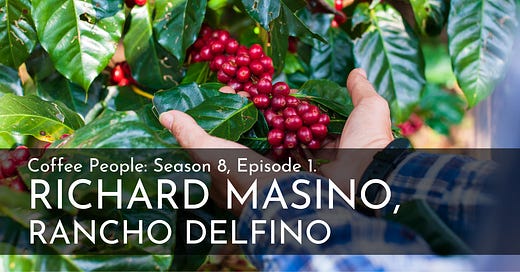





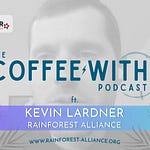
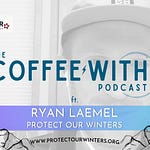
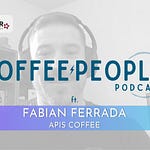

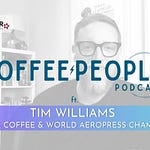
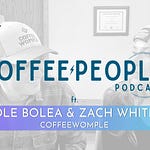
Share this post